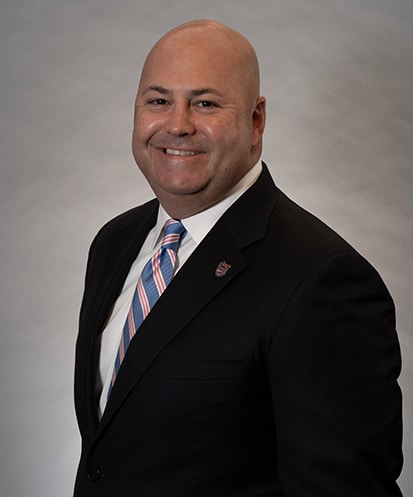How Do Doctors Deal with Medical Mistakes?

Preventable medical errors are frightfully frequent in modern medicine. Research in the Journal of Patient Safety estimates that upwards of 440,000 people die each year and thousands more are injured in the United States from medical errors. This makes medical/hospital mistakes the third leading cause of death for Americans. Doctors (as we and they may sometimes forget) are mere humans and subject to human error just as everyone else is.
When a doctor makes a medical error, an emotional struggle occurs on behalf of the doctor, too. But research is revealing the importance of preventing, recognizing and properly disclosing the errors they make, offering an apology and explanation to the patient when things go sideways in a medical setting.
The Journal of Patient Safety has published another article, titled Emotion and Coping in the Aftermath of Medical Error, which highlights the fact that committing a medical mistake can be a stressful and traumatic event for health professionals, causing significant distress. The study concluded that the personal and professional disruption clinicians experience after an error should be considered, and that there should be comprehensive support programs in place to help clinicians recover and ensure high quality, safer patient care. Physicians experience anxiety about making errors in the future, they lose confidence, they lose sleep worry about their reputation and they are less satisfied with their work after being involved in a medical mistake.
In the UK, the General Medical Council (GMC), which regulates doctors, nurses and midwives, has issued a new ruling that requires these medical professionals to offer sincere, face-to-face apologies and an explanation of what went wrong whenever they commit a medical mistake. The requirement of a personal apology, aside from it being the right thing to do, is aimed at reducing the high number and cost of negligence lawsuits against medical personnel and hospitals. Many patients resort to taking legal action simply because they do not feel like they are being heard and they do not feel like they are being told the truth.
Taking control over your own health
For patients looking for constructive ways to avoid becoming the victim of a preventable medical mistake, here are a few tips to follow:
- Provide your doctor with a written list of your symptoms and a timeline of when they began and how they have progressed.
- Make sure that your doctor and medical staff wash their hands before examining you
- Give your doctor a list of all the medications you take along with any known allergies that you might have.
- Ask questions about the planned procedure until you are satisfied and understand what is going to happen.
- Make sure that your care is being coordinated between all of you doctors. Do not be shy about asking whether a test or a treatment is required or necessary.
By asking questions, you can help build a more engaging and communicative relationship between you and your doctor.

Christopher T. Nace works in all practice areas of the firm, including medical malpractice, birth injury, drug and product liability, motor vehicle accidents, wrongful death, and other negligence and personal injury matters.
Read more about Christopher T. Nace.
